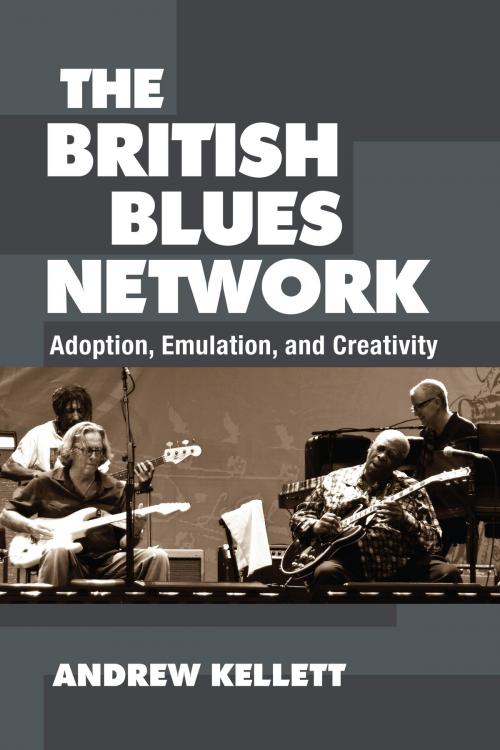The British Blues Network
Adoption, Emulation, and Creativity
Nonfiction, Entertainment, Music, Music Styles, Jazz & Blues, Blues| Author: | Andrew Kellett | ISBN: | 9780472123209 |
| Publisher: | University of Michigan Press | Publication: | September 19, 2017 |
| Imprint: | University of Michigan Press | Language: | English |
| Author: | Andrew Kellett |
| ISBN: | 9780472123209 |
| Publisher: | University of Michigan Press |
| Publication: | September 19, 2017 |
| Imprint: | University of Michigan Press |
| Language: | English |
Beginning in the late 1950s, an influential cadre of young, white, mostly middle-class British men were consuming and appropriating African-American blues music, using blues tropes in their own music and creating a network of admirers and emulators that spanned the Atlantic. This cross-fertilization helped create a commercially successful rock idiom that gave rise to some of the most famous British groups of the era, including The Rolling Stones, The Yardbirds, Eric Clapton, and Led Zeppelin. What empowered these white, middle-class British men to identify with and claim aspects of the musical idiom of African-American blues musicians? The British Blues Network examines the role of British narratives of masculinity and power in the postwar era of decolonization and national decline that contributed to the creation of this network, and how its members used the tropes, vocabulary, and mythology of African-American blues traditions to forge their own musical identities.
Beginning in the late 1950s, an influential cadre of young, white, mostly middle-class British men were consuming and appropriating African-American blues music, using blues tropes in their own music and creating a network of admirers and emulators that spanned the Atlantic. This cross-fertilization helped create a commercially successful rock idiom that gave rise to some of the most famous British groups of the era, including The Rolling Stones, The Yardbirds, Eric Clapton, and Led Zeppelin. What empowered these white, middle-class British men to identify with and claim aspects of the musical idiom of African-American blues musicians? The British Blues Network examines the role of British narratives of masculinity and power in the postwar era of decolonization and national decline that contributed to the creation of this network, and how its members used the tropes, vocabulary, and mythology of African-American blues traditions to forge their own musical identities.















